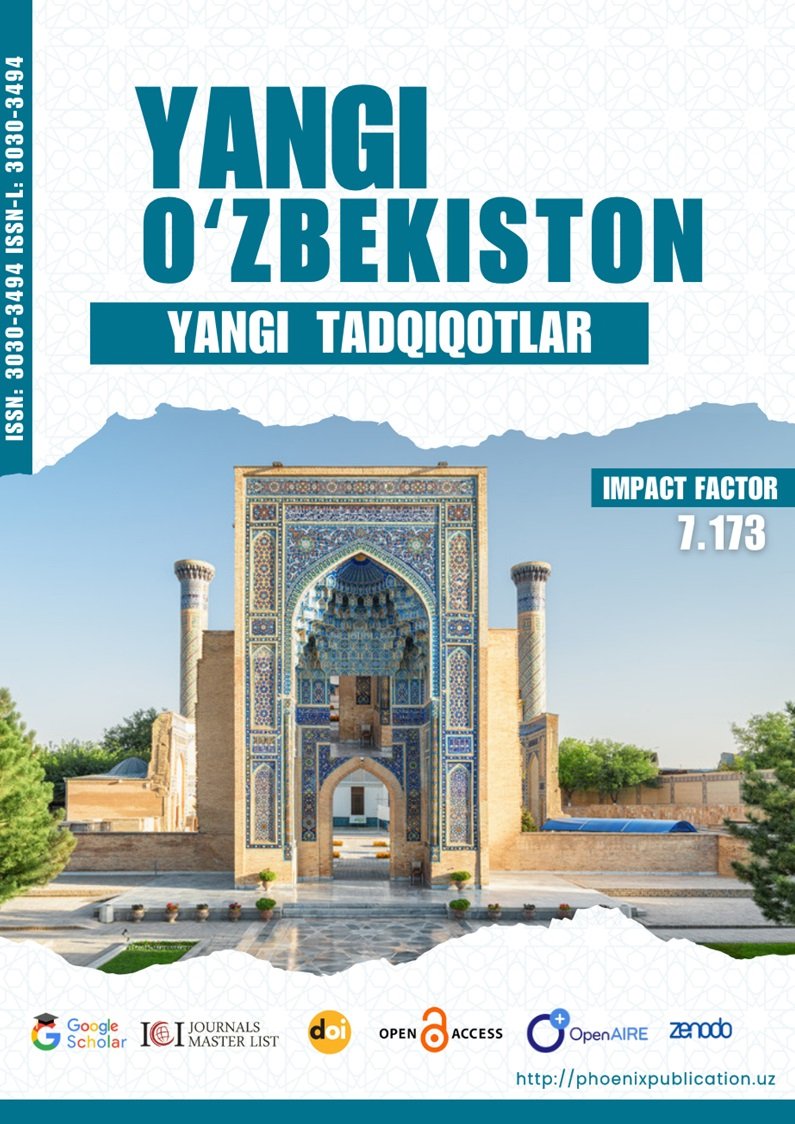Abstract
The article provides information about the connection between learning foreign languages and human psychology, and recommends principles to effectively leverage the interplay between these two factors. It highlights experts' opinions on the integral connection between the language and the psyche. Additionally, it discusses the psychological challenges encountered during the process of improving language proficiency andexploring their underlying causes.The organic connection between language learning and human psychology is such that progress in one area can significantly impact the other, leading to either mutual development or stagnation. As they are inseparable, this fundamental principle should be emphasized in any linguistics curriculum. The purpose of this article is to demonstrate to young learners that high levels of language proficiency are achievable with a healthy mindset. It aims to reframe language learning not merely as the study of grammatical rules, but as an engaging and enjoyable pursuit.
References
Robert C. Gardner va Wallace E. Lambert – Attitudes and Motivation in Second-Language Learning (1972). Rowley, MA: Newbury House.
2. Gardner, R. C., & Lambert, W. E. – Motivational Variables in Second-Language Acquisition. Canadian Journal of Psychology, 13(4), 1959.
https://publish.uwo.ca/~gardner/docs/phd.pdf
3. Zoltán Dörnyei – “The Internal Structure of Language Learning Motivation and Its Relationship with Language Choice and Learning Effort.” The Modern Language Journal, 89(1), 2005.
4.Mary Helen Immordino‑Yang – Emotions, Learning, and the Brain: Exploring the Educational Implications of Affective Neuroscience. W. W. Norton & Co., 2015/2016.
"Times Higher Education" 2016.
5. Mantiri, O. – “Key to Language Learning Success.” Journal of Arts and Humanities, v4 (1).
